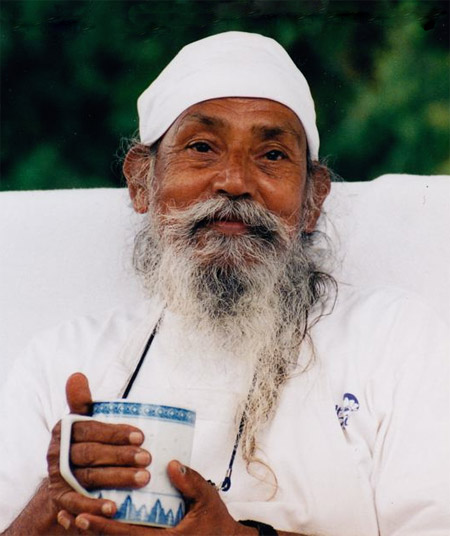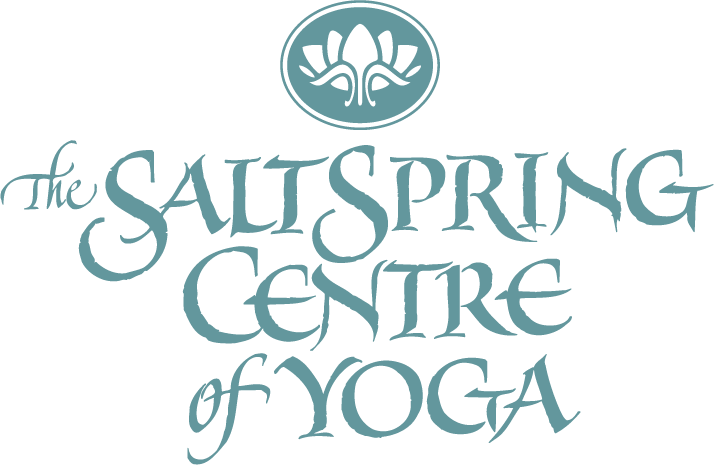Developing Positive Qualities

Shakespeare said, “There is nothing either good or bad but thinking makes it so.”
We may understand this as an intellectual concept, but it’s not how we usually live our lives. We have some very strong preferences (in itself not a problem), but when we react when something doesn’t go as we want – with frustration, irritation, anxiety or any of the many variants of anger or fear – we create suffering for ourselves, and often for others. Babaji has told us that if we develop positive qualities life will flow more smoothly.
Reducing negative qualities and developing positive qualities are not two different things.
The flow of energy in the body is blocked when the mind indulges in anger, hatred and selfishness. Keep your mind pure and you will see how easily the energy moves.
Living in the world of dualism – good/bad, right/wrong – we create problems for ourselves. Life isn’t going to hand us exactly what we want all the time.
Life is full of tides, like an ocean…everyone’s boat goes up and down.
No one can be happy all the time. Sometimes we get sad and depressed, and at that time our sadness projects onto the people around us, which creates problems or dissatisfaction. I have not seen any householders who can say that they have no problems. I can’t say that householders can eliminate all problems, but they can reduce the emotional strain by understanding the real situation.
The instruction is to understand the real situation. How to do that? Watch the habits of your mind. Is what you think true or is it a projection? When someone says or does something that brings up a reaction in you, pay attention. The reaction is a habit; not everyone responds to that stimulus the same way. Why is it that you react the way you do? Pay attention to the feelings that arise because they’re pointing you to the source of your suffering. The feelings themselves are just a momentary thing – feelings change all the time, like the weather – but what is underneath? How would you like the situation to unfold? Perhaps you long to be listened to, to be heard. Perhaps what you’d like is to connect with honesty and respect with the other person. Perhaps you’d like to be able to be fully present with the other person without judgment or fear. The bottom line may be a deep longing for peace.
If we are not aware of ourselves, we cannot progress.
Progress depends upon your honesty.
Much as we’d like it to be otherwise, we have no control over how other people act. If we have control over anything, it’s our own responses. That’s the work.
It takes courage to begin inquiring into the workings of our minds and investigating our habitual responses; it seems easier to look outward and blame others (or ourselves), but that doesn’t support our self-development; nor does it work. We have to accept responsibility for our part in any situation.
The mind always goes through different stages, sometimes negative and sometimes positive. When the mind dwells in the negative, we have to discover the cause. There is always some self-interest that creates negativity. Discontentment begins when we don’t get what we want.
If a person wants to hike a mountain and starts thinking about how weak they are, how bad their diet is or how impure their mind is, then that person can’t go very far. You have to be positive, enthusiastic, courageous and firm in your aim.
Someone asked Babaji how to be simple, how to look inside, to crack through fear. Babaji replied:
These things can’t be taught. They are developed by reducing ego, attachment and anger. One can’t develop positive qualities without making a discipline in life. First one should develop an aim, which is the attainment of peace. One should move regularly toward that aim.
Contentment, compassion and tolerance are the three pillars that support the palace of peace.
Instead of focusing on all the things that aren’t going well, you can shift the angle of your mind. It’s hard work but not impossible; minds are trainable. That’s why we practice.
Cultivate a sympathetic heart,
humility in dealings,
and selflessness in action.
If these are practiced
with earnestness and sincerity,
then you will win the race of life.
—
Contributed by Sharada. May 2013
All quotes in italics are from various writings by Baba Hari Dass

Sharada Filkow, a student of classical ashtanga yoga since the early 70s, is one of the founding members of the Salt Spring Centre of Yoga, where she has lived for many years, serving as a karma yogi, teacher and mentor.
